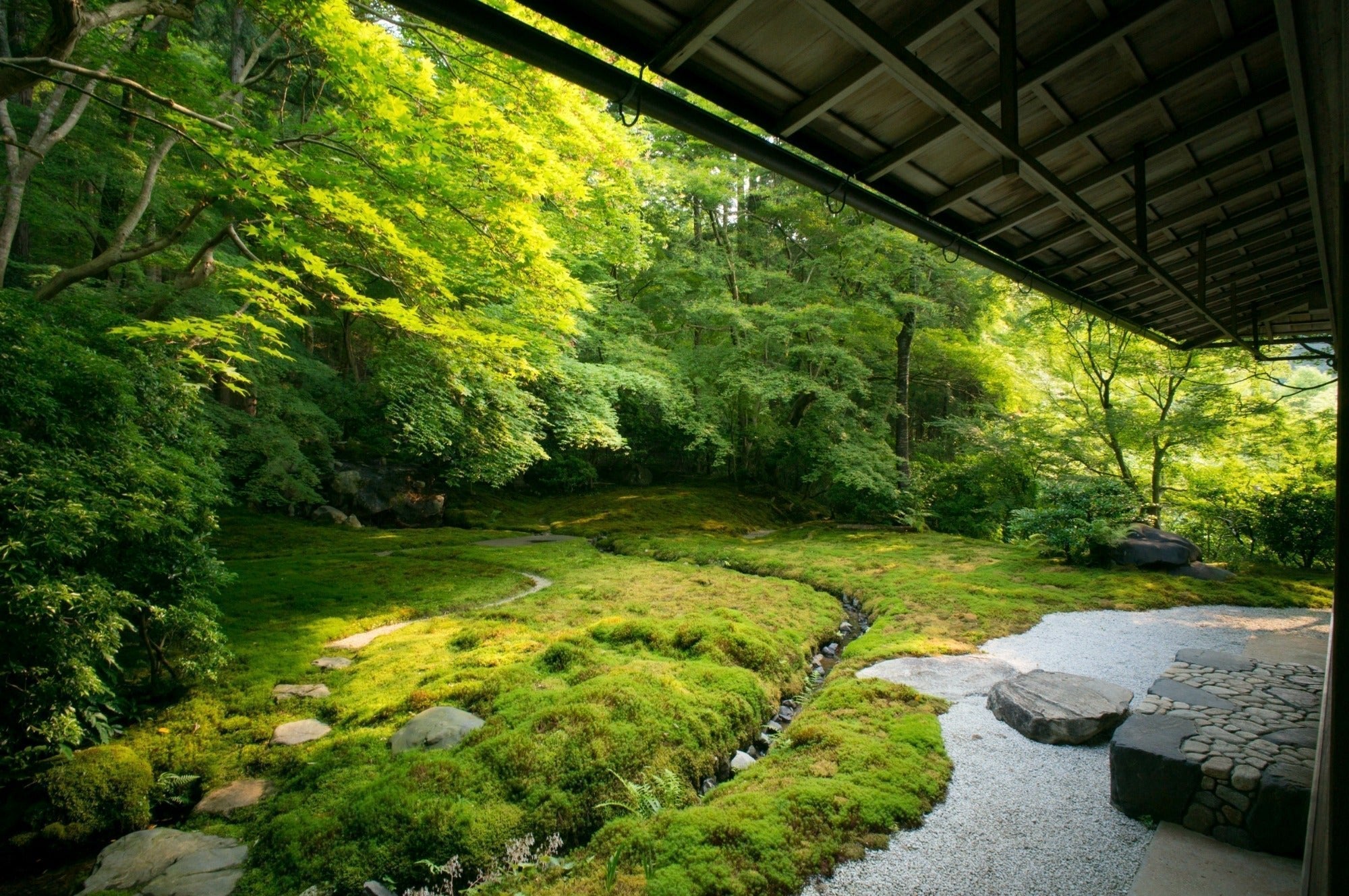At our store, Wabi Sabi, you may be curious about the meaning behind its name. As a Japanese individual, I have a strong connection to the concept, though explaining it has proven to be a challenge in the past. However, I'd like to take this opportunity to share my understanding of it.
Wabi Sabi is a Japanese philosophy that celebrates the beauty of impermanence and imperfection. It's rooted in Zen Buddhist principles and is a way of life.
Wabi and Sabi
Wabi Sabi consists of two elements: Wabi and Sabi. Wabi represents the appreciation for simple, modest things, while Sabi represents the beauty that comes with age and the passage of time.
Being New or Young May Not Always the Best Thing
Everything in this world ages and becomes old, damaged, dirty, or chipped. The Wabi Sabi aesthetic does not see this as deterioration, but rather embraces the diverse beauty achieved through the passage of time.
In contrast to the Western aesthetic, which often emphasizes opulence, luxury, and symmetry, Wabi Sabi values the unique beauty that comes from aging, wear and tear, and imperfections. This philosophy has had a significant impact on Japanese culture, influencing art, crafts, gardens, tea ceremonies, and more.
Wabi Sabi and Kintsugi
Kintsugi embodies the essence of Wabi Sabi, being a Japanese practice that restores broken pottery using gold or silver lacquer. It transforms damaged pieces into unique works of art by highlighting, rather than hiding, the cracks and imperfections. The mended pieces are now part of their history and add to their beauty. If you're curious to try Kintsugi yourself, our DIY Kintsugi Kit lets you experience this philosophy hands-on at home.
Wabi Sabi Way of Life
As I get older, I find myself becoming more and more aligned with the Wabi Sabi philosophy, finding comfort in its way of thinking.
Wabi Sabi reminds us that everything, including ourselves and life, is fleeting, imperfect, and incomplete. It encourages us to find beauty in these imperfections and to embrace the natural cycle of life.
By embracing the Wabi Sabi philosophy, we learn to be satisfied with what we have and to shift our focus away from the pursuit of perfection. I'm grateful for your time in reading my post. Thank you.

Koko from The Wabi Sabi Shop
P.S. I would love to hear what your take on Wabi Sabi. Please leave your comments below.


2 comments
Hi Koko, my name is Robert I’m from Romania, about a week and a half I’m caught in a philosophical lesson but only today I understood it. I’m working on a clay pot for a project. This pot is very stubborn, the first time it cracked when I left it to dry, I got very angry then. But somehow I understood I had to continue so I poured water over it and resumed building it, today I managed to fire it but it cracked in the kiln. At which point I wondered very serenely what I could do now, what surprised me was that I didn’t get upset at all. I had known about the art of kintsugi for a while but didn’t know about its philosophy, so I came across your blog and I want to say that I really enjoyed reading it especially as I resonated with the substrate. Thank you!
Translated with DeepL.com (free version)
It is so very comforting. Today my son mended the broken arm of our Ganu Bappa n told us about Wabi Sabi. 😍
Leave a comment